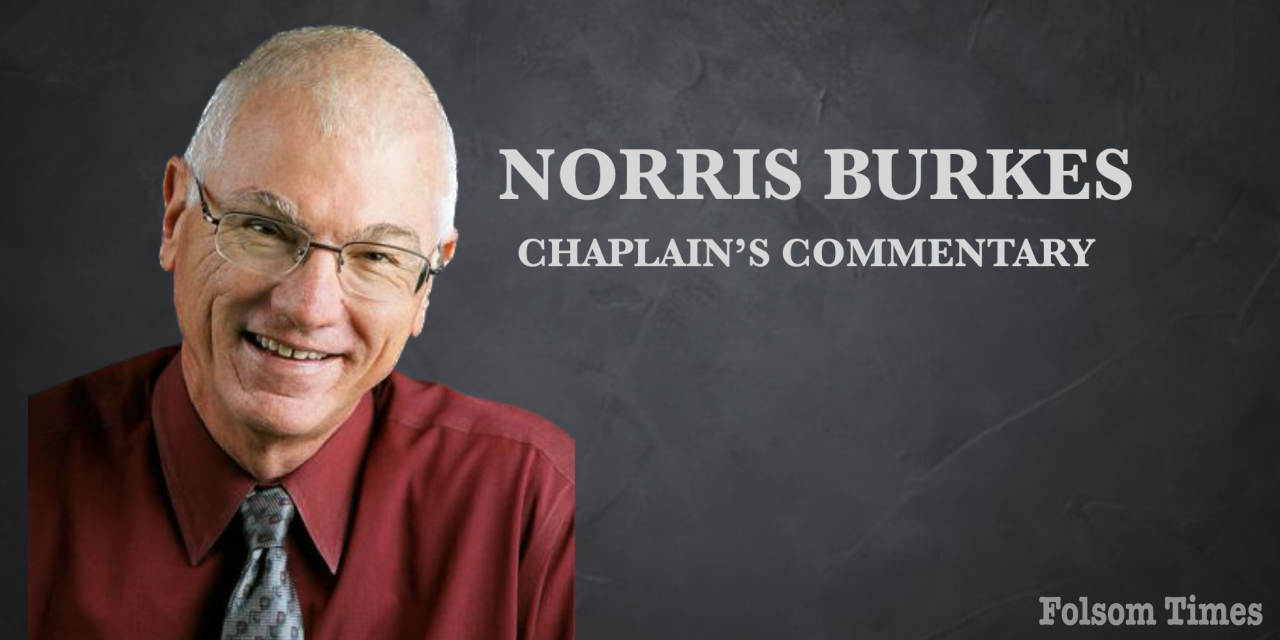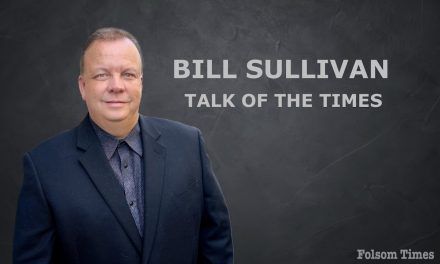Last Sunday, I began my sermon with these profound and eloquent words:
“Dear brothers and sisters. Today, we will reflect on the parable Jesus told of the lost sheep….”
Only one problem, though. I didn’t write the sermon starter – not even the 400 words that followed it.
I quickly confessed to the group that I used an Artificial Intelligence (AI) website to compose my “profound and eloquent intro” in under 10 seconds. (See my personal website for the complete AI sermon. www.thechaplain.net.)
The AI website is called ChatGPT and it uses natural language processing to create humanlike conversational dialogue.
Users simply enter a few words to compose various written content, including articles, notes of condolence or thanks, essays, emails. Even, it turns out, sermons. (And yes, scammer emails.)
In my case, I simply entered the request, “Write a sermon about Jesus’ parable of the lost sheep.”
ChatGPT spit out this opening paragraph: “The parable found in the Gospel of Luke chapter 15 tells the story of a shepherd who had 100 sheep. One day, he discovered that one of his sheep was missing. So he left the 99 in search of the one that was lost. When he found it, he rejoiced and brought it back to the flock.”
If you’re looking for this columnist to condemn this slick tech, it won’t happen. I love tech stuff. Always have.
And I have to admit that AI did a decent job.
However, lest congregants be tempted to replace their pastor with AI (or editors be enticed to replace this columnist), I have to point out the irony of having AI interpret this particular parable.
Jesus’ story is all about the importance of the individual. The value of each of us to God.
The story is all about the uniqueness of our sameness. We are atomically alike, but our issues, our heartbreaks, our heart joys are uniquely ours.
AI can’t imagine those things; it can only plagiarize them.
Vanderbilt University’s Peabody College learned this lesson the hard way a few months ago when they used ChatGPT to email their students about the shooting at Michigan State University.
While well written, Camilla Benbow, dean of education at Peabody College openly acknowledged that the school “…missed the crucial need for personal connection and empathy during a time of tragedy.”
Using canned answers and sympathy made from a mold doesn’t work with real people who are really hurting.
The psalmist expressed this uniqueness in 139:13-14. “‘For you created my inmost being; you knit me together in my mother’s womb. I praise you because I am fearfully and wonderfully made.’”
The verse wasn’t meant to become the center of political debate. The words are intended to give you what I would call your “You-ness” in God’s eyes.
Or as Saint Augustine put it, “God loves each of us as if there were only one of us.”
In a few months, I may try to slip another AI sermon past my congregants. But so far, the biggest problem I see– besides a few parishioners actually reading this column – is the AI site keeps the output brief.
AI sermons tend to be short – about 450 words or ten minutes in pulpit time.
Who’s gonna believe I would keep it brief? Honestly, we just can’t have that.
Write to me at comment@thechaplain.net and share your favorite lesson on the list.
Chaplain Norris Burkes began his chaplain career with both the active-duty Air Force and the Air National Guard until his retirement in 2014. He later served as a
board-certified healthcare chaplain at Sutter Memorial, Kaiser, Methodist and Mather VA hospitals and continues to work with area Hospice. His column is syndicated to more than 35 accredited news outlets in multiple states, with www.folsomtimes.com being one of his newest additions. Read past columns at www.thechaplain.net.
*Views expressed in published guest commentaries are those of the author or submitting organization and do not necessarily represent those of Folsom Times or All Town Media, LLC.




